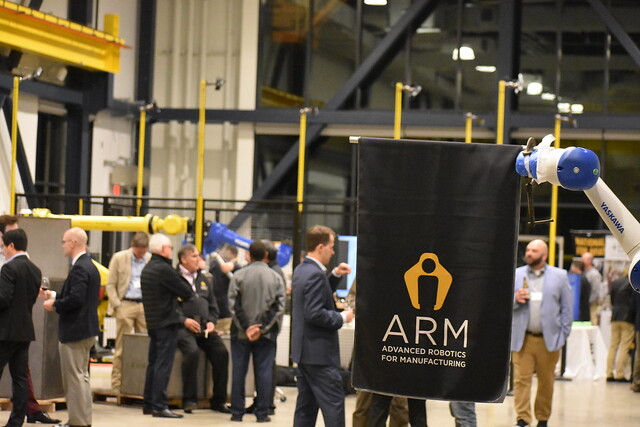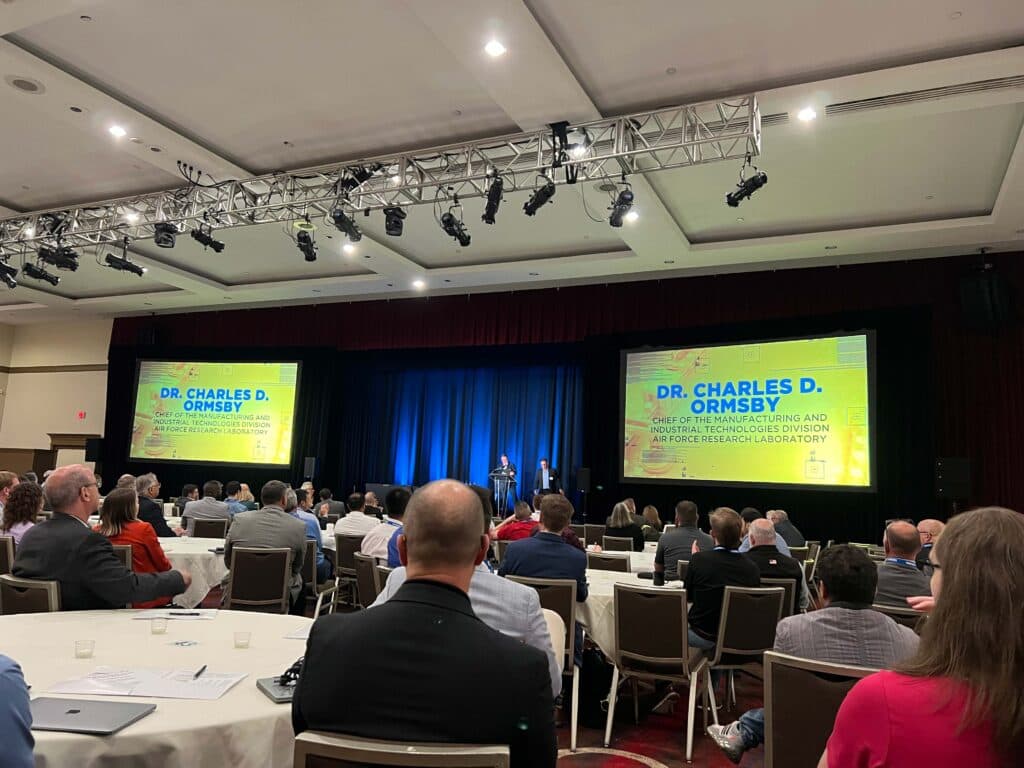The ARM Institute leverages a robust and diverse consortium of 450+ organizations to lead the way to a future where people and robots work together to respond to our nation’s greatest challenges and to develop and produce the world’s most desired products.
The only way we can successfully navigate the mounting skills gap and re-establish US leadership in manufacturing is through concentrated collaboration between industry, government, and academia. That’s where the ARM Institute comes in. We bring stakeholders across manufacturing together to identify and solve problems inhibiting advanced manufacturing in the U.S.
As an ARM Institute partner, you’ll work across the U.S. manufacturing – from world leaders in manufacturing and government stakeholders to innovative start-ups and academic organizations – to collaborate and solve problems.





